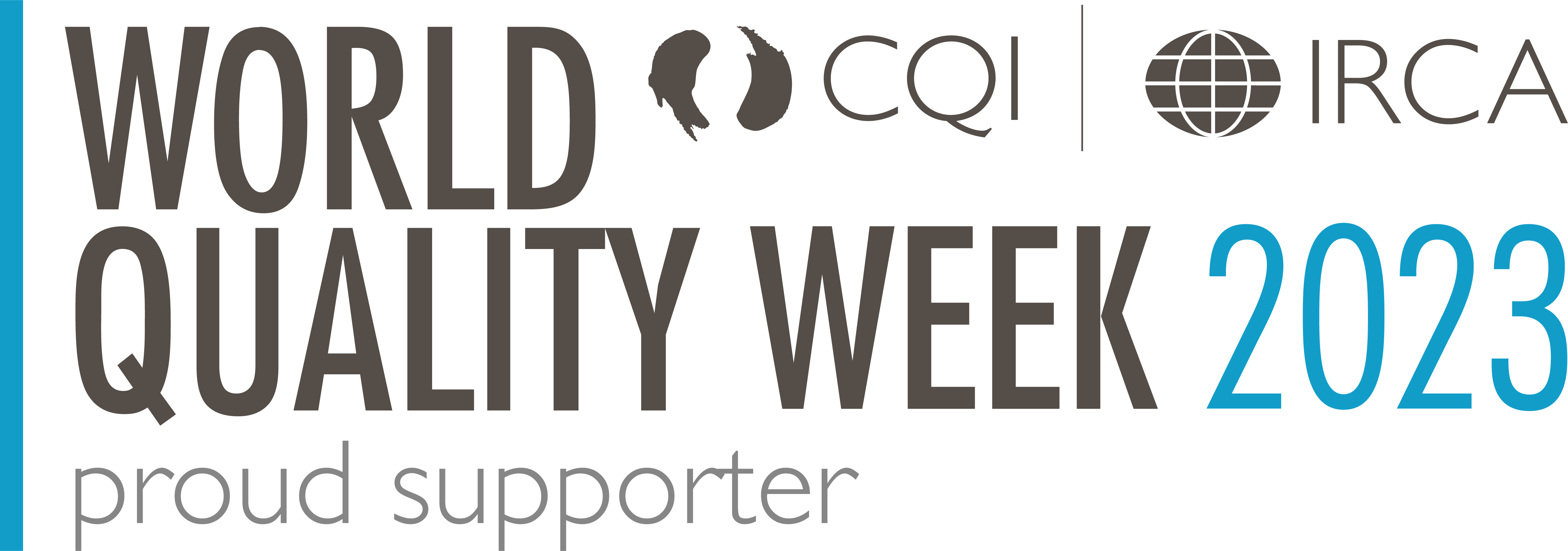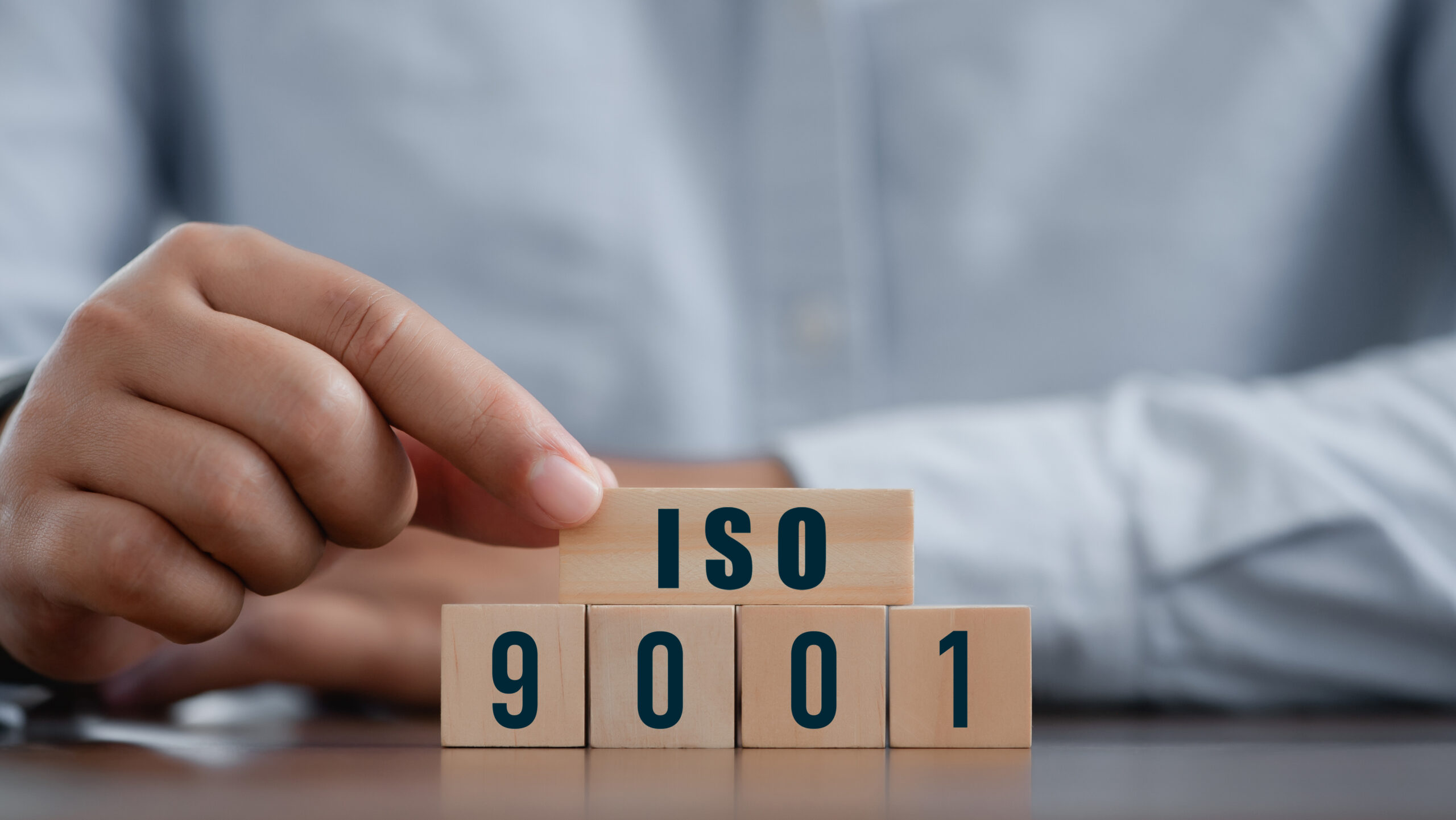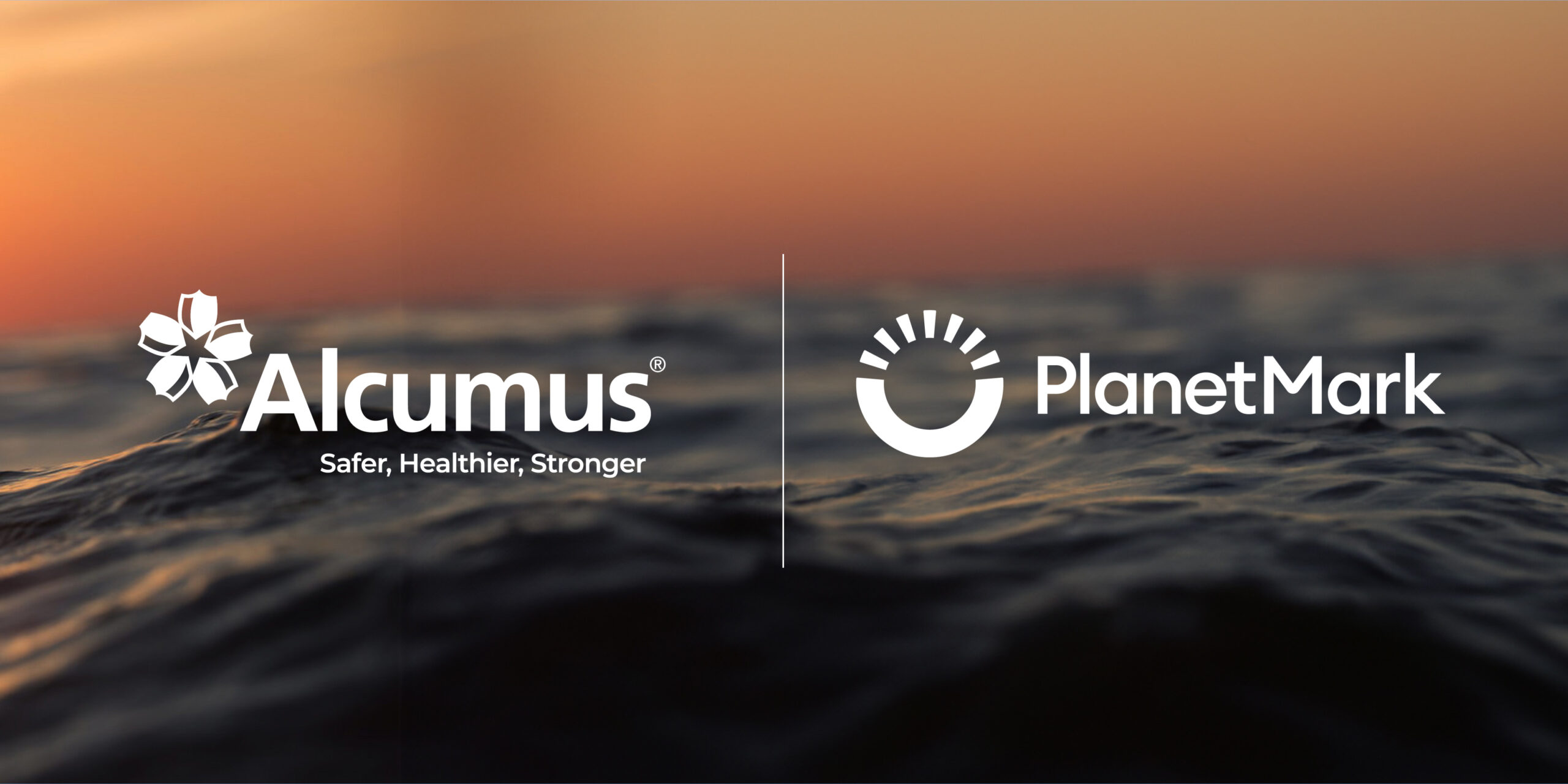Responsible business is becoming even bigger business than ever, and two areas under sharp scrutiny for environmental, social and governance (ESG) programmes are water conservation and sustainable waste management. ESG tracking and reporting are now priorities for more than 9 out of 10 organisations, with major implications for financial performance, environmental impacts, reputational risks and legal compliance.
For businesses in particular, the combination of environmental risks, financial pressure and operational threats creates pressure for urgent action to address near and long-term challenges.
- Waste disposal can cost around 5% of annual turnover (CIPS, 2019)
- Up to 13% of construction materials go straight to landfill without ever being used (Sensat, 2020)
- Average water wastage is over 1000 litres a week per person (Federation of Small Businesses, 2021)
- The UK faces water shortages by 2050, if no action is taken (EA, 2021)
- Two-thirds of employees felt their organisations could be doing more to improve water efficiency (Waterwise)
This blog gives an insight from our recent webinar, where David Picton, SVP of ESG and Sustainability at Alcumus was joined by Nathan Gray, Head of Sustainability at Reconomy, sharing their real-world experiences and the practical steps you can take to effectively track your water and waste management.
Water and Waste as part of ESG strategies
Reducing waste and improving water efficiency are pivotal to conserving vital resources, cutting costs for businesses under severe operating cost pressures and to achieving our collective carbon emissions targets. Indeed, 6 of the UN’s 17 Sustainable Development Goals link to water and waste management.
With 97% of the world’s water unusable, fresh water is a limited and shared resource that is fundamental to healthy ecosystems and vital to the functioning of the global economy. Two-thirds of institutional investors in the US, Canada, Europe and Asia factored water concerns into ESG-related decisions, behind only cybersecurity and anti-corruption (Green Biz, 2020). However, a report[1] from EIRIS shows that 54% of 2,000 global companies are exposed to water risks, but take little or no action to mitigate them – just 0.22% have adequate management systems, policies and reporting mechanisms in place to tackle the risks.
Water management is crucial to any balanced ESG programme, but is often overlooked. When it is included, it often focuses merely on usage metrics, but it’s essential to go well beyond that into areas that should include:
- Quality checks, legionella and leak audits, tracking audit actions to closure and resolution
- Surface water drainage surveys and records
- Water efficiency programmes and innovations
Water usage can have a significant impact on an organisation’s carbon footprint, and needs to be included as a Scope 3 emission when calculating carbon reduction pathways. It can also have potent implications for profitability, where even a simple broken and leaking tap could cost[2] businesses up to £750 per year, and many simple water efficiency initiatives could have very short payback periods. Look at Waterwise for some practical hints and tips – an independent, not-for-profit UK NGO focused on reducing water consumption.
Waste management goes hand in hand with water efficiency – with waste reduction targets, recycling approaches and material usage having key implications for profitability. Effective waste management must underpin ESG strategies, generating process reviews, operational and design decisions, procurement strategies and data analysis.
“The true cost of waste is not simply the cost of discarded materials – it includes inefficient raw material use, faulty products, unnecessary energy and water use, disposal of by-products, waste treatment and wasted labour …”
(CIPS, 2019)
Sustainable waste management typically follows the waste hierarchy of Prevent, Reuse, Recycle, Recover or Dispose – setting out the priority order for managing waste materials based on their environmental impacts. The most effective organisations go a step further and embrace the ‘circular economy’.
Reconomy explains the 5 steps to circularity (analyse, review, communicate, collaborate, innovate) in its guide here, focusing on:
- Minimising the creation of waste
- Keeping raw materials in use for as long as possible
- Maximising material value
- Minimising environmental impacts
- Promoting brand ethics
Many organisations have implemented the ISO 14001 Environmental Management System as a framework to support these objectives. Its key focus is to reduce waste and limit environmental impact.
Data visibility is the golden thread
Increasing legal requirements and expectations from customers, employees, investors and suppliers mean that organisations recognise the role that well-balanced ESG strategies can play in identifying, controlling and limiting their risks. This is key to minimising potential vulnerabilities and proving that they’re managing operations without compromising on safety, sustainability or ethics.
With a growing demand for transparency to establish ‘one true view’ of ESG information, effective organisations are embracing technology to electronically store documents, track key metrics and communicate more easily. Access to trusted data is crucial for authentic, credible ESG reporting and to also avoid claims of ‘greenwashing’. Organisations are increasingly turning to technology to deliver on that potential, recognising that data visibility is the key to intelligent analysis and timely, accurate decision-making.
Information flows which rely on spreadsheets, notebooks, pen and paper are susceptible to gaps, mistakes and inconsistencies – all of which can undermine responsible business. It has become essential to deliver real-time risk insights, evolve fast and digitise manual processes to connect people, processes and data.
At Alcumus, we connect sustainably-minded companies with responsible contractors and suppliers, using sustainability as the ‘golden thread’ which builds ‘Mutual Partnerships’ as the bedrock of better business. Through these partnerships, which drive data visibility and coherence, our expertise helps to drive deeper understanding of sustainability’s risks and opportunities – leading directly to actions and progress that inspire organisations to do even more, with clear returns for their stakeholders and their people.
Next steps
You can view the full webinar with David Picton and Nathan Gray, and please do just get in touch if we can help with any of your waste, water or wider ESG challenges.
[1] ‘A drought in your portfolio: are global companies responding to water scarcity?’
[2] Zero Waste Scotland






